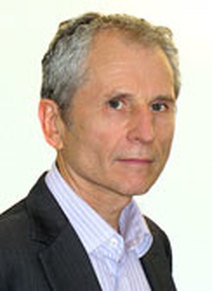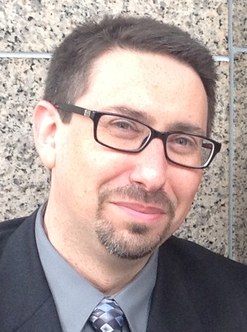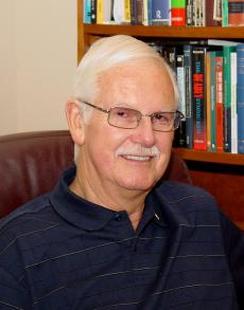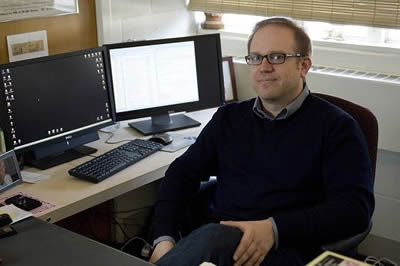Every couple of months State Repression.Com picks a scholar whose work is path-breaking and/or historically solid (i.e., they have pointed to and/or provided the direction for subsequent work to follow). Click the scholar's name above for access to their webpage.
For our eleventh recipient of the State Repression.com "Scholar of Attention" Award, we select:
For our eleventh recipient of the State Repression.com "Scholar of Attention" Award, we select:
Neil Mitchell
Mitchell's work has advanced the study of state repression in diverse ways. In one important work, he got us to focus on the connections or lack thereof between those that plan repressive policies and those who implement them, noting how the connection/disconnection provokes violent activity. In another work, he identifies how democratic leaders can avoid being held accountable for the activities that most believe they should be held accountable for. Ever provocative.
Previous Awardees
Lisa Hultman
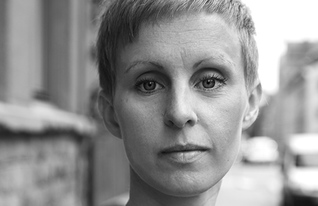
Hultman's work covers a wide range of topic areas relevant to the study of state repression. Sometimes she examines global patterns, sometimes case-specific; sometimes she examines one-sided/asymmetrical state violence, sometimes she examines government behavior within the context of an ongoing conflict with a political opponent. Always interesting.
Reed Wood
Scott Straus
Matthew Krain
Ted Gurr
|
Gurr's work represents one of the main pioneering efforts in the field. Over an amazing career spanning from the late 1960s, he has studied coercive capacity, ethnic discrimination, state repression and genocide/politicide. If political authorities have done it against their citizens, in all likelihood Gurr has studied it.
|
Sarah Soule
|
Soule's work largely focuses on the theoretical and empirical explanation of protest policing (i.e., the things that authorities do at protest events). Indeed, she has contributed more to this line of research than any other scholar at this point. Soule's work is both insightful and thorough as well as wide reaching.
|
Emilie Hafner-Burton
David Richards
|
Richard's work focuses on measuring human rights (he Co-Directs the Cingranelli and Richard human rights database [CIRI]) as well as seeking to account for its variation using a variety of explanatory factors including political institutions and economic relations.
|
Amanda Murdie
Courtenay Conrad
|
Conrad's work focuses on human rights, international organizations and comparative political institutions. She Co-Directs the ITT project with Will
Moore, which documents allegations of torture by Amnesty International. A great combination of statistical and formal work. |
